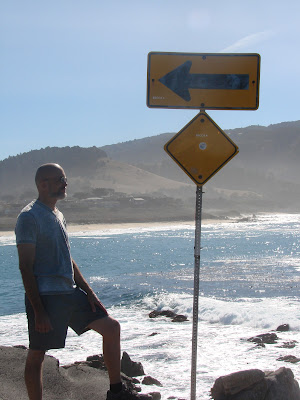In Murder, She Wrote, Jessica Fletcher pecked out mysteries on an old Royal typewriter in 1984 and ended up tapping them out on her laptop by 1996. What changes in technology had the greatest impact on you in your writing career?
by Dietrich
Covid shut down many live events for a couple of years, so it’s a good thing online avenues for promotion were available: Zoom, YouTube, SoundCloud, author’s websites, social media, email services, and so on. Technology that wasn’t around not so long ago.
On-demand printing, along with formats like eBooks and audiobooks have also created new opportunities for both traditionally publishers authors, as well as those who want to skip with tradition and self-publish their own books.
Technology allows readers to easily check online for a favorite author’s latest, comments and reviews, and to look up an event where they’ll be appearing.
And there’s plenty more coming: touch boards, interactive app books, and applications like Booke which will let readers ask their iPad or smartphone questions about a print book that they’re engaged with. Nimble by Google is an interactive touch-screen table for readers, schools, and libraries. A print book is placed on the table, and the user can read while looking up fact and photos, translating text, and so on. Kind of the best of both worlds.
Technology is also changing the way authors and fact-checkers do their research. Does anybody remember micro-fiche, going to the research section of the library, or how about that an entire bookshelf of Brittanica encyclopedias that adorned a couple of shelves in the living room, right next to the RCA with the rabbit ears on top?
I used to love typing short stories on my clanking, boat-anchor, vintage Underwood, circa 1920s. As cumbersome as it was, it was a treat to clank away on the keys and to hear the gratifying ding of the carriage return. I also had a Selectric, state of the art at the time. While I don’t miss those correcting ribbons and Wite-Out, there was something cool about typing stories on those vintage machine. Okay, they didn’t play music and didn’t have Wi-fi, Bluetooth, or Siri, but let’s not forget greats like Hemingway, Orson Welles and scores of others cranked out some pretty impressive stuff on such old-school machines.
Call me old school, but there are times when I still like to get out a notebook or pad or paper and write in longhand. I’ll scratch out a chapter or two, often when I’m traveling, then I’ll type it into the computer when I get home. There really is something about the organic process that feels right.
No matter how I write those early drafts, the final one ends up on my Mac. Let’s face it, it’s lightning fast, quiet, and makes putting a novel together so much easier. I can research anything with a couple of keystrokes, and it connects me with social media, plays music, and sends emails in seconds. I smile imagining a publisher’s reaction upon receiving several hundred pages written in longhand, or copies of a manuscript typed on some old-school typewriter.


No comments:
Post a Comment
Questions for the Criminal Minds? Comments? Let us know!